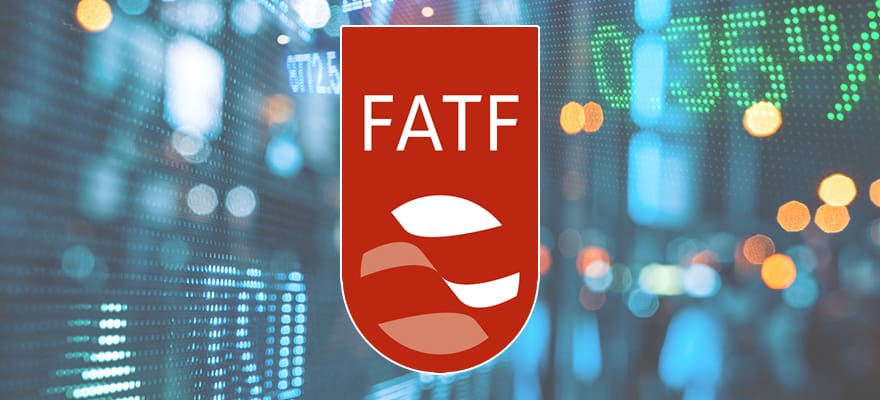The anonymity of cryptocurrency usage is on its brink in Europe. A new draft bill introduced by the European Commission wants the implementation of the Financial Action Task Force’s (FATF) so-called travel rule on all crypto transactions originating in the continent.
“It aims at reflecting in EU law amendments made in June 2019 to Financial Action Task Force (FATF) Recommendation on new technologies to cover ‘virtual assets’ and ‘virtual asset service providers’, and in particular new information obligations for the originator and beneficiary [Crypto-Asset Service Providers] CASPs at the two ends of a crypto-assets transfer (the so-called ‘travel rule’),” the draft noted.
Most of the rules are proposed for the crypto transactions exceeding EUR 1,000 or a series of linked crypto transactions exceeding the threshold of EUR 1,000.
The proposed draft bill wants to mandate crypto service providers to know the name of the transaction originator, account number, and location of the account. Furthermore, the KYC will include the address, official and personal document number, customer ID number, or date and place of birth of the crypto transaction originator.
No More Large Transactions?
In addition, the lawmakers want to put a limit on ‘large cash Payments ’ exceeding EUR 10,000.
“Limiting large cash payments makes it harder for criminals to launder dirty money. In addition, providing anonymous crypto-asset wallets will be prohibited, just as anonymous bank accounts are already prohibited by EU AML/CFT rules,” a section of the draft bill stated.
Indeed, the primary objective of the proposed bill is to curb the usage of digital currencies in money laundering and terror financing. But, the legislatures in the European Union parliament need to pass the bill to make it effective as a law.
The latest draft bill can be seen as the latest attempt by lawmakers to put a leash on the wild crypto economy. Earlier, Finance Magnates reported that Japan is strengthening its efforts to regulate Cryptocurrencies , especially the growth of stablecoins.

















